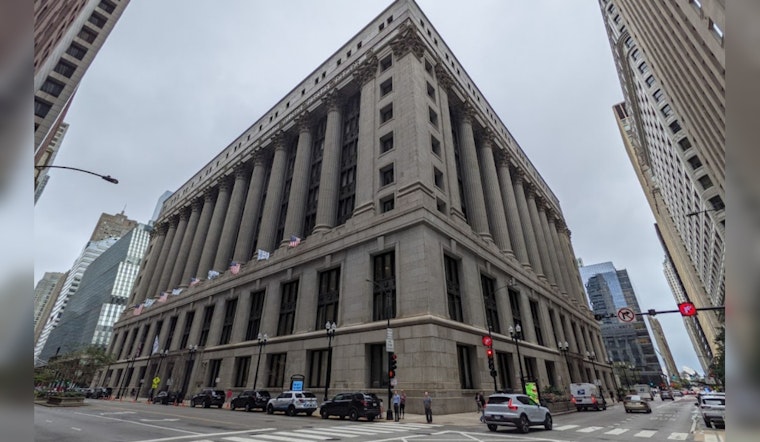The $300 million property tax hike proposed by Mayor Brandon Johnson was overwhelmingly rejected by the Chicago City Council. At a special meeting called for the purpose, this decision was made unanimously and without discussion. Longtime alderman Scott Waguespack described the vote as a “devastating loss” for Johnson, highlighting the decision’s unusual nature, according to CBS News Chicago. “We needed to send a message today that weren’t going to balance this budget on property taxes, working families,” said Ald. Bill Conway, echoing his opinion.
The mayor, who ran on a platform of no property tax hikes, seemed unfazed by the outcome of the vote. He reiterated his opposition to reducing city services and avoided providing information about other options for the budget balance.According to a comment from the mayor, “We cannot afford to go backwards and cut services to the people of Chicago, who rely on them.” Despite the loss with the City Council, this declaration shows a dedication to upholding service standards.
Members of the City Council had expressed strong opposition to Mayor Johnson’s first budget plan, stating that they would not be supporting the significant increase in property taxes. “He’s given up on the property tax increase because he knows we had the votes, and he did not,” said Ald. Anthony Beale, who was confident that the proposal would be rejected, according to the Chicago Sun-Times. The council has made it obvious that it is searching for alternate sources of funding and perhaps tighter budgetary restraint, even if negotiations are still ongoing.
The impact of the tax hike’s rejection on municipal pensions is a major worry, as Mayor Johnson has maintained that the $272 million pension payment and advance, in addition to the state-mandated contribution, are crucial. Regarding options, Johnson has stressed that any solution must be progressive but has not committed to charging new taxes or increasing local fees. This position on progressive revenue methods is consistent with his earlier support for taxing the sale of million-dollar properties as a way to raise money—a referendum that, according to him, voters had previously rejected.
As the budget’s December 31 deadline draws near, Ald. Jason Ervin thinks a deal can be struck to prevent people from losing vital city services. Concerns regarding city operations and the amount of load that taxpaying taxpayers may endure continue to be at the center of the mayor’s and council’s deliberations as they consider the next course of action.
Note: Thank you for visiting our website! We strive to keep you informed with the latest updates based on expected timelines, although please note that we are not affiliated with any official bodies. Our team is committed to ensuring accuracy and transparency in our reporting, verifying all information before publication. We aim to bring you reliable news, and if you have any questions or concerns about our content, feel free to reach out to us via email. We appreciate your trust and support!



Leave a Reply